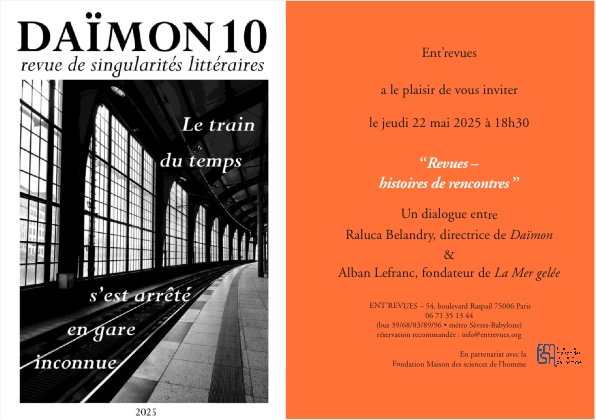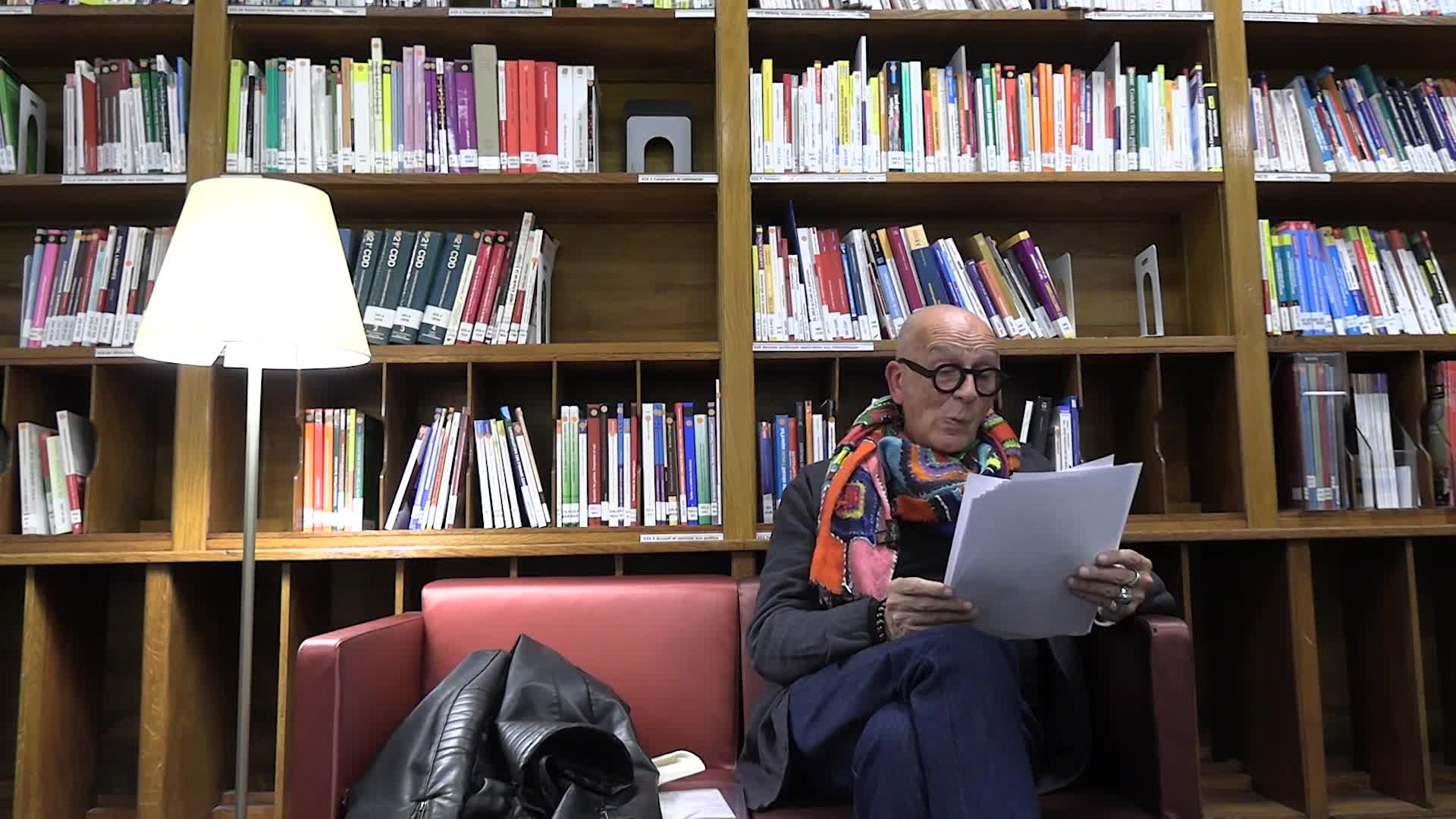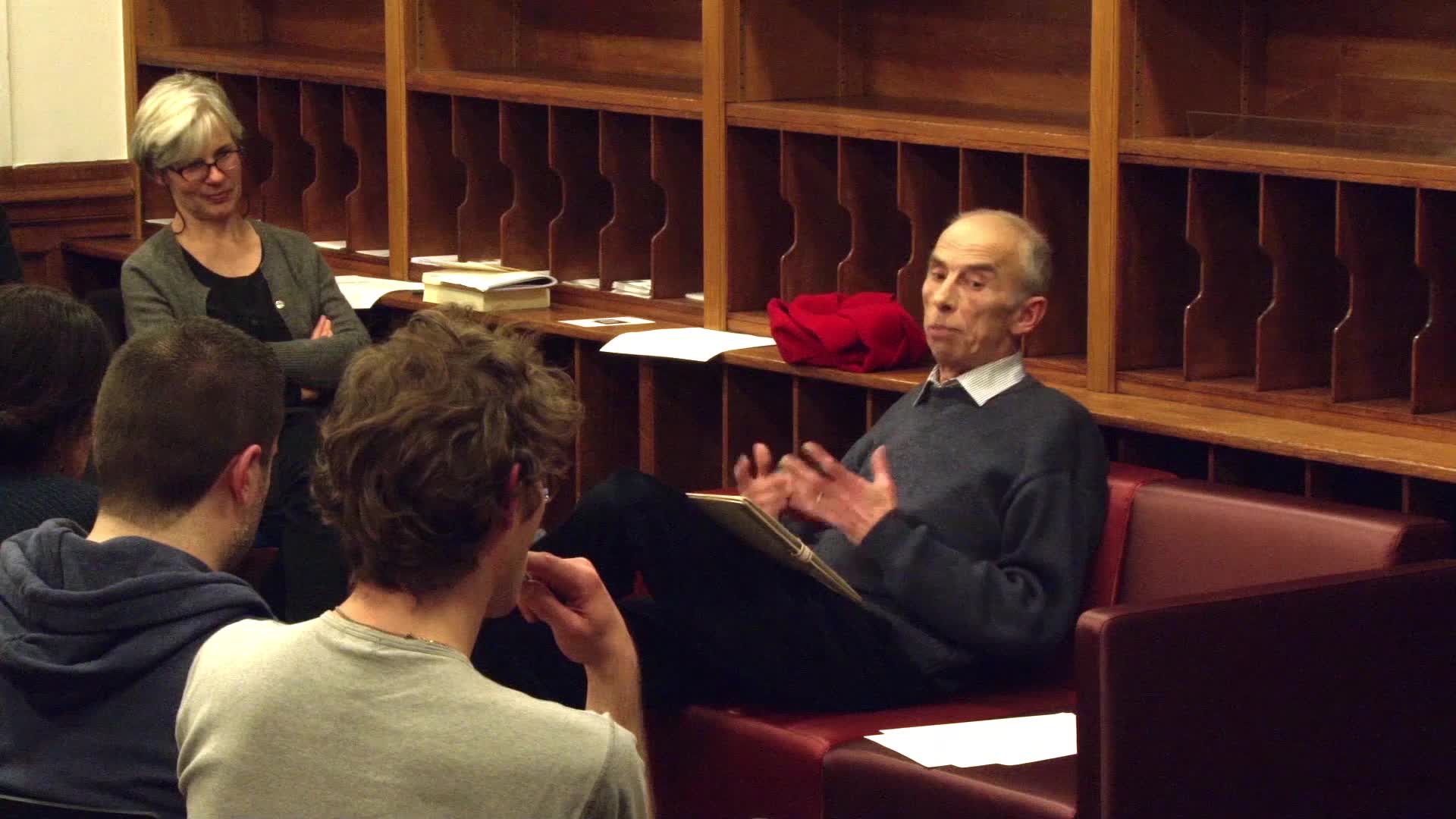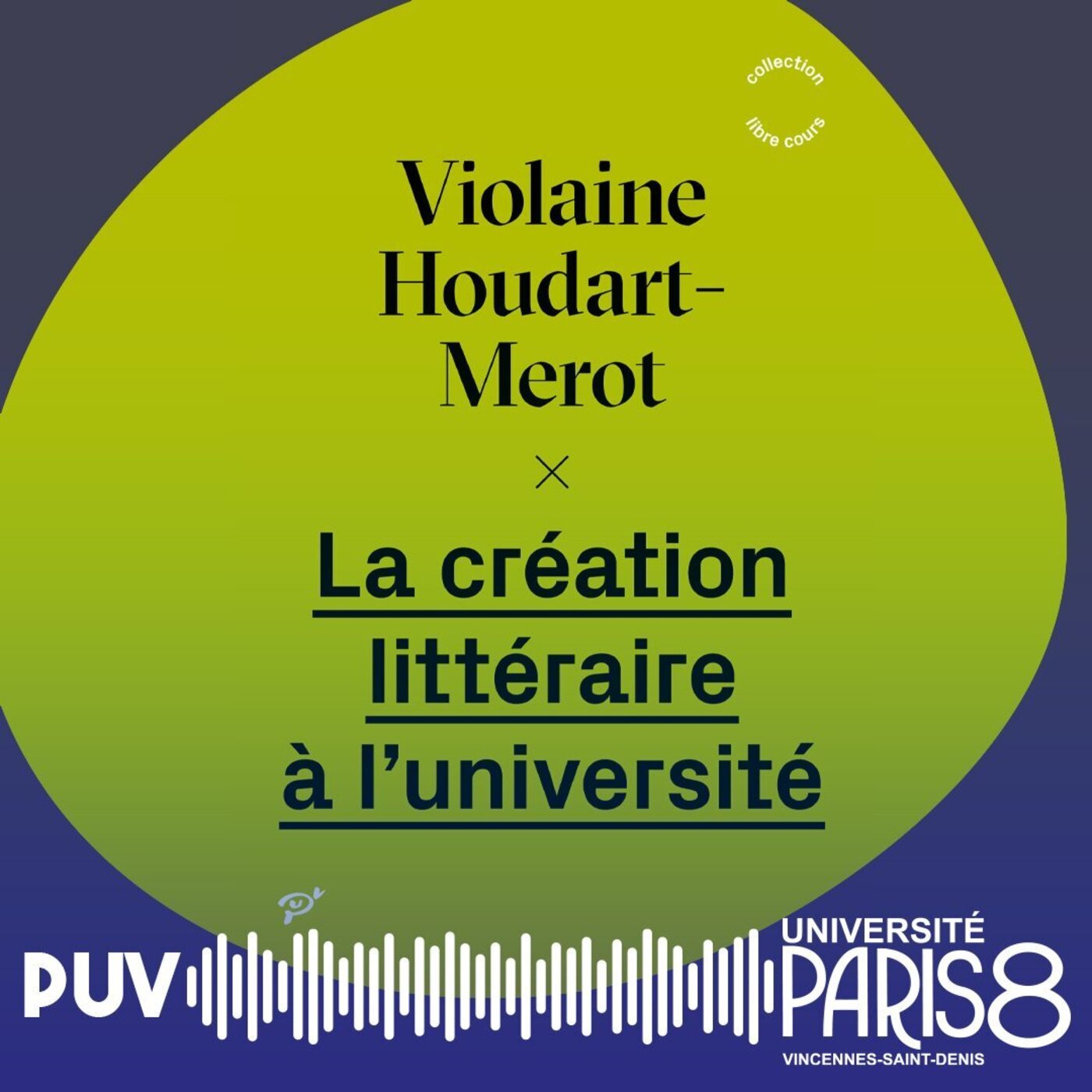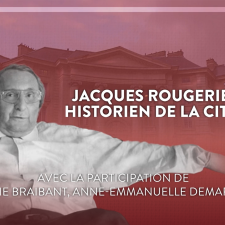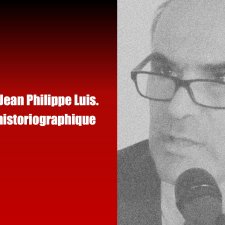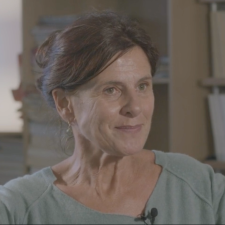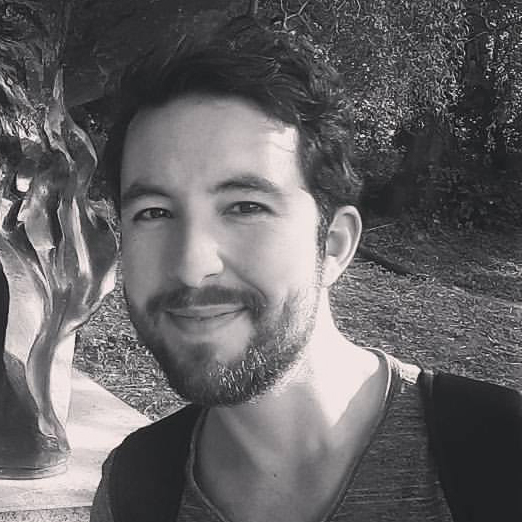Notice
MRSH Caen
I put it all there as a matter of historical record': Literary Testimony in "Atonement" by Ian McEwan
- document 1 document 2 document 3
- niveau 1 niveau 2 niveau 3
Descriptif
Cette communication a été enregistrée lors du colloque A diachronic approach to Ian McEwan’s fiction: from sensationalism to ethical writing qui s'est tenu à Caen les 16 et 17 mars 2018, organisé par l'Equipe de recherche interdisciplinaire sur la Grande-Bretagne, l'Irlande et l'Amérique du nord (ERIBIA). Ian McEwan est un auteur britannique contemporain majeur et prolifique. Enfant terrible à qui ses premières œuvres ont valu le surnom de “Ian Macabre”, lauréat du prestigieux Booker Prize en 1998 pour son roman Amsterdam et de nombre d’autres prix littéraires pour Atonement (2001) – au programme de l’agrégation 2018--il n’a cessé d’évoluer, de se réinventer et d’expérimenter avec les codes narratifs, avec par exemple Sweet Tooth (2012, un genre de roman d’espionnage) ou Nutshell, son dernier roman paru (2016), une réécriture originale et pleine d’esprit de Hamlet. Une rétrospective critique de l’ensemble de son œuvre par des intervenants internationaux et en présence de l’auteur lui-même mettra en avant l’intérêt et la diversité de sa production littéraire.
Sylvie Maurel enseigne la litérature et la civilation britannique à l'Université Toulouse - Jean Jaurès. Ses recherches concernent le rman britannique des XXe et XXIe siècles; réécriture, mémoire, historiographie, éthique.
Abstract
In Atonement (2001), McEwan works on the interplay of memory and imagination, historiography and fiction. The novel is haunted by a traumatic past, at both individual and collective levels, and constantly blurs the line between what is presented as historical truth and imaginative reconstructions of the past. As such, it offers a typically postmodern vision of historiography as textualisation of the past, emplotment of past events. Yet, while problematizing the truth and the retrieval of the past, the novel seems to work as a testimony of sorts. The paper will focus on the notion of testimony, a structure that stands between memory and history, as Ricœur shows, and will explore the capacity of fiction to bear witness, be it in the form of fictional rewritings (Briony's obsessive rewriting of the fountain scene, her fictional resurrection of Robbie and Cecilia) or imaginary forays into a soldier's perception of war (Briony's version of the Dunkirk retreat told through Robbie's eyes). Part two of Atonement exemplifies the power of literary testimony, whose task, according to Shoshana Felman, is "to open up [in the reader] the imaginative capability of perceiving history – what is happening to others – in one's own body". I will also show how the narrative achieves something akin to the "empathic unsettlement" of the reader (LaCapra), an ethical response to past horrors and irretrievable loss.
Sur le même thème
-
Soirée Ent'revues : "Daïmon"
BelandryRalucaLefrancAlbanRencontre avec Raluca Belandry et Alban Lefranc autour de la revue Daïmon
-
Le Livre en question 7 : Thierry Magnier
MagnierThierryLecture de Thierry Magnier : une création originale inspirée par les collections de la BIS.
-
Le Livre en question 1 : Pierre Bergounioux
BergouniouxPierreLecture de Pierre Bergounioux : une création originale inspirée par les collections de la BIS
-
La Création Littéraire à l'Université de Violaine Houdart-Merot aux Presses universitaires de Vince…
Houdart-MerotViolaineLa création littéraire ? Mais ça ne s’apprend pas ! Réponse souvent entendue quand il est question de ce qu’en France on ne considère pas comme une discipline universitaire. Peut-on enseigner l’art d
-
Préhistoriographie de la guerre
BonFrançoisIl en est un peu de la question de la guerre comme de celle de la pensée symbolique de nos ancêtres préhistoriques : l’inventaire des interprétations produites à son égard en dit souvent plus long sur
-
5. Jacques Rougerie, historien de la cité
BraibantSylvieDemartiniAnne-EmmanuelleLors de la journée d'étude consacrée à l'historien Jacques Rougerie, la seconde table ronde, présidée par Anne-Emmanuelle Demartini, revient sur le parcours et les travaux de l'historien. Christophe
-
L'Espagne de Jean-Philippe Luis. Un parcours historiographique
ChastagnaretGérardFlauraudVincentCaronJean-ClaudeArtola RenedoAndoniLópez-CordónMaría VictoriaDubetAnneRújula LópezPedroDedieuJean-PierrePierreArnaudBessac-VaureStèveDelpuPierre-MarieSes travaux sur le XIXe siècle espagnol ont fait de Jean-Philippe Luis, professeur à l’Université Clermont Auvergne, disparu en octobre 2020, un historien reconnu de l’Espagne contemporaine.
-
Le Pas de Saladin. Sources et enjeux de la création littéraire d'un passage infranchissable dans le…
SellamiJoudaCommunication dans le cadre de la table-ronde : Détroits et passages « Dedans / Dehors » « GlobalMed – La Méditerranée et le monde de la Préhistoire à nos jours. Approches interdisciplinaires et
-
La Plèbe à Rome entre République et Empire
CourrierCyrilA Rome, la Plèbe englobe tous les citoyens qui ne font pas partie des deux ordres supérieurs de la société romaine, l’ordre équestre et l’ordre sénatorial qui forme l’élite politique et sociale. L
-
Retour d'expérience sur l'utilisation croisée de plusieurs archives de fouilles
TufféryChristopheDans le cadre d'une thèse de doctorat engagée depuis 2019, une étude historiographique et épistémologique des effets des dispositifs numériques sur l'archéologie et sur les archéologues au cours des
-
Entretien avec Florence Bretelle-Establet, sinologue et historienne des sciences
Bretelle-EstabletFlorenceFlorence Bretelle-Establet, historienne des sciences et sinologue, est directrice de recherche CNRS au laboratoire SPHERE, Sciences, Histoire, Philosophie (UMR 7219)
-
Les horizons mondiaux d’un historien : l’Espagne de Pierre Chaunu
La première phase de l’œuvre de Pierre Chaunu interroge l’Espagne dans sa dimension globale et mondiale. Sa thèse monumentale, Séville et l’Atlantique (1504-1650), parue de 1955 à 1960, demeure un


